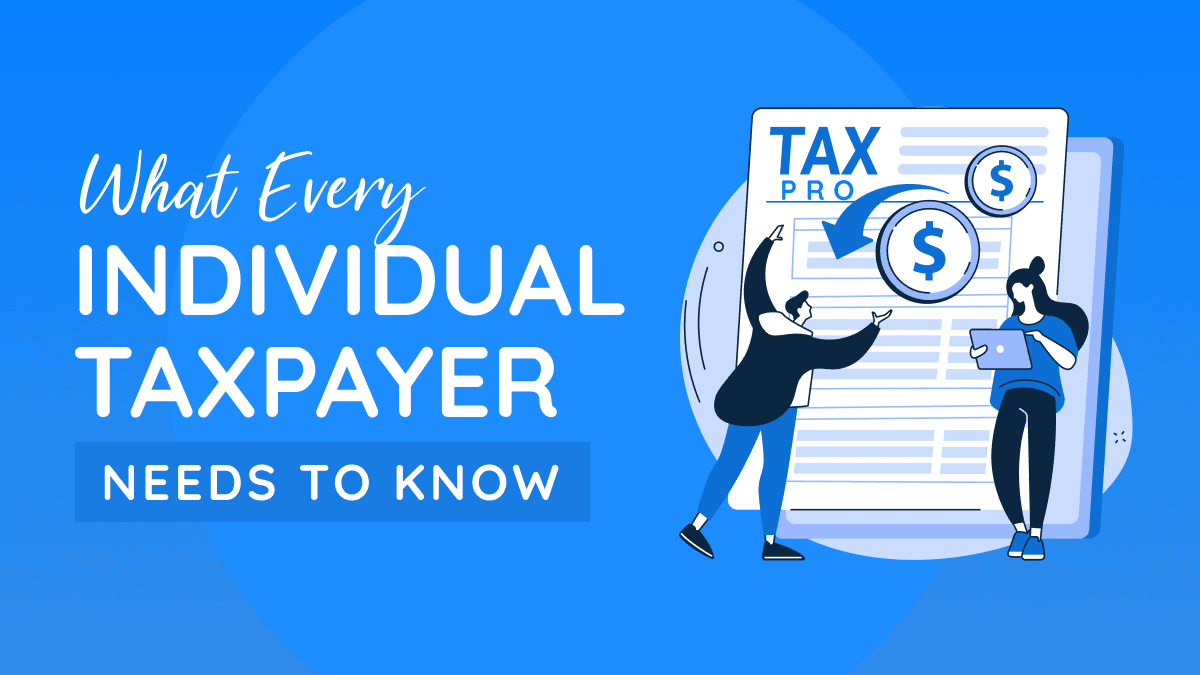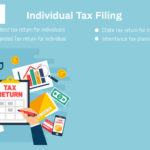Navigating the labyrinthine corridors of the U.S. tax code can be a daunting endeavor for the uninitiated. This article seeks to illuminate the path, providing individual taxpayers with the essential knowledge needed to not only comply with tax regulations but also to optimize their financial outcomes.
-
Understanding the Tax Code
The U.S. Tax Code is a complex tapestry woven with intricate laws and regulations that govern the taxation landscape. It’s imperative for taxpayers to grasp the basics of this framework to navigate tax season effectively. Staying abreast of legislative amendments is equally crucial, as tax laws are perennially subject to revision.
-
Determining Your Tax Bracket
Tax brackets serve as the foundation upon which income tax is calculated, segmented into tiers based on income levels. Understanding which bracket you fall into is paramount, as it dictates the percentage of your taxable income that will be owed to the government.
-
Standard Deduction vs. Itemized Deductions
The dichotomy between standard and itemized deductions is a pivotal decision point for taxpayers. The standard deduction offers a flat reduction in taxable income, whereas itemizing allows for the aggregation of individual deductions. The choice hinges on which method yields a greater reduction in tax liability.
-
Taxable Income: What Counts and What Doesn’t
Not all income is treated equally in the eyes of the tax code. Taxable income encompasses wages, salaries, and other earnings, whereas certain types of income, such as gifts and inheritances, may be exempt. Delineating between these categories is essential for accurate tax reporting.
-
Maximizing Tax Credits and Deductions
Leveraging tax credits and deductions can significantly mitigate tax obligations. Credits decrease the amount of tax owed, while deductions lower taxable income. Familiarity with eligible expenses, such as educational costs or energy-efficient home improvements, can lead to substantial savings.
-
Filing Deadlines and Extensions
Marking the calendar with tax filing deadlines is critical to avoid penalties. For those needing more time, the IRS allows for extensions, granting additional months to file. However, it’s important to note that extensions to file do not equate to extensions to pay any owed taxes.
-
Avoiding Audits and Common Pitfalls
Tax audits, though relatively rare, can be stressful and time-consuming. Ensuring accuracy in filings, reporting all income, and maintaining meticulous records can help avert unwanted scrutiny from the IRS. Steering clear of red flags, like large charitable donations without proper documentation, is advisable.
-
Utilizing Technology for Tax Preparation
In the digital age, tax software has become an invaluable tool for simplifying the tax filing process. These platforms can automate calculations, recommend deductions, and reduce errors, making tax preparation less burdensome for individuals.
Conclusion
Armed with a foundational understanding of personal tax essentials, taxpayers can approach tax season with confidence. While this guide serves as a starting point, the complexities of individual financial situations may necessitate consultation with tax professionals. Engaging with experts can provide tailored advice, ensuring compliance and financial optimization in the intricate dance of taxation.


